|
Back in May 2023 while I was trying to promote my poetry book Raw Flesh/Flash: The Incomplete, Unfinished Documenting Of (check it out and others by clicking link), I was interviewed by Jeyran Main, founder and Editor-in-chief of Review Tales Publishing & Editing Services and Review Tales Magazine (click image for interview).  Review Tales Review Tales As I glanced through the interview, I stopped at the question about the projects I was currently writing. To be fair, I was and still am working on the poetry narrative about my family ranch; however, many things evolved since that interview. Since the interview I have worked on and am having published another poetry book These Are Not My Words (I Just Wrote Them), which is coming to book sellers in the very near future.
0 Comments
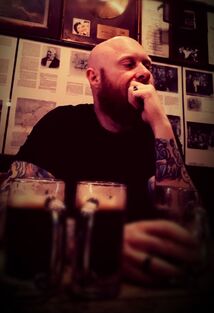 My nineteen-year-old son is having his second tattoo etched on his skin, a quote written in Greek, a permanent testament to life, a piece of invaluable art contributing to the beauty of the world. And it makes me reflect… Both of my arms are covered in tattoos. Both of my legs are covered in tattoos. I write and have written about tattoos and their potential place in the conversation of fine/high art. I have given interviews about tattoos in the professional field. My latest book, Raw Flesh Flash… is a poetic scrapbook about the universal narratives of tattoos and the world they thrive in. So, when my two oldest children wanted their first tattoo, I had little to no ground to say no. You would think that I would have no hesitations with them expressing themselves with one of the most unique artforms that exists today. But I did. At least, I did at first. Even someone like me, A man who praises tattoos and the tattoo world had reservations about my children etching a permanent piece of art on their skin. Why? I was a young pup when I received my first tattoo. I won’t say how old but young will do. Hunched over a barber’s chair, back exposed, I felt the ceaseless and rhythmic beats from the bar below. We were in Laguna Beach, California over a well-known gay bar. And the young artist pressed ink into my left shoulder blade to the rhythms of the music beneath. The tattoo started palm-size (in my head), but my skin soaked up the gargoyle over the earth like a sponge and the tattoo ended up covered most of my shoulder blade. Truthfully, the artist convinced me that because of the details, the tattoo should be larger. Newbies, like me, tend to underestimate the necessary size of a tattoo. Two-years later, I was washing and scrubbing my champaign Ford Ranger. I loved that truck. Anyway, on this one glorious morning, while I washed and polished my baby, my father saw my tattoo for the first time. Yikes! The collar of my shirt slightly drooped from all the laborious passion I put into cleaning my truck, and the tip of the gargoyle’s wing fluttered in the sun. My father grabbed my collar, pulled down the collar, exposing more of my tattoo, and said, “You are dumber than I thought.” Ouch! Not one of his best moments (or mine), but we have both grown from that moment. Both my parents have tattoos at this point, and my father has a half sleeve, so I don’t have to say that his perspective has changed since that moment. Unlike me, my son had the respect to tell his father about his decision. And he thought out the tattoo carefully. He chose an image to represent his mother in conjunction with an image that represented his love for his little sister. My first tattoo was from a T-shirt. My hesitation with his tattoo was location. Where would he put his first tattoo? And here is where my deep-rooted stereotype existed. How would the world see him if people saw his tattoo? Would he be able to reach his highest potential in a career with an exposed tattoo? And yada, yada, and yada. I guess I had a bit of my father in me as well as an antiquated way of thinking. My son ended up with a tattoo on his thigh, so I’d like to think that the placement of the tattoo was his way of representing me. Interestingly enough, it was a conversation with my tattoo artist, Ezekiel, that made me rethink my old-fashioned biases. All it took was an exchange with a tattooed prophet to foster my family’s spirit of unity and allow me to see beyond my outdated fabricated blockades. What’s in a name? Ezekiel tattoos out of Virtuoso Tattoo, by the way. Great artist, great tattoo shop! Anyway, I did introduce my son to EZ, which ultimately resulted in receiving his new tattoo. My oldest daughter has the saying, “...just take 3 deep breaths” on her forearm. They both are now discussing tattoos that have a narrative that match their personalities but connect them to each other. I think they are using images from the book, A Series of Unfortunate Events. I love it. Just wanted to say thank you to Jon and Megs for having me on their podcast, "Secretly Timid." It was a blast seeing my old friend Jon and meeting Megs. Let's do it again, soon.
Clink image to listen to the podcast In the beginning…
poetry readings can be potent exhibitions of originality and creativity. I have heard some great pieces of art and have been touched by powerful surges of poetic energy thick enough to prickle the hairs of everyone in the room. Poetry readings, at times, can also be painful, for both audience and poet—a handkerchief soaked in moans and mourning at a funeral, the poet slowly being lowered into a 6-foot abyss. Cornelius Eady’s reading from his book, Brutal imagination struck at the core. When he almost whispered the words, the ghost of the imaginary black man that Susan Smith accused of abducting her two children, ages, and drowning them, haunted me. He still haunts me today. Kim Addonizo reading her poem, Blues…, accompanied by her harmonica playing urged me to learn the harmonica. I bought a harmonica, a video on how to play the harmonica, and practiced and practiced. I finally have the sound of the train down. That’s about it. However, the low-down dirty blues lingers inside me and will loiter my gravestone while the apparition of Robert Johnson sits and plays 12-bars. (Side note: I’m not trying to name drop or anything, but these two readings have sat with me. There are many more commanding readings I have witnessed and plenty with unknown poets.) However, The reading of an unknown poet, pronouncing her love for her boyfriend completely butt naked may sit as my lowest low. Yes, she was completed naked! The poem, too, was naked—naked of any concrete imagery—filled with empty ambiguities and clichéd feelings. “Show, don’ tell,” I thought. But, of course, she showed everything just not in the poem. …there was this poet who read her poem and, afterward, declared to the audience that it was a true story. I cringed. Why do I want to know that her poem is the truth? Why should it matter? I want to let the poem sit within me without any outside influence—the poem for poem-sake. Do I dare say something to her? I didn’t say anything, by the way, but I let it zombie inside me too long. In reflection, and years later, I have dramatically altered my original perspective. One of the most often questions asked of me is how do I start my writing. The second most common question asked, what is docupoetry. I will briefly address the second question first, following with the first, second. I’m not going to go too far into detail, defining docupoetry. There have been loads of critics and poets that have addressed the question, what is docupoetry. Ed Sanders, Mark Nowak, Philip Metres, Susan Briante, to name just a few. Here, to keep it as simple as I can, I will use Joseph Harrington’s definition: Documentary Poetry “contains quotations from or reproductions of documents or statements not produced by the poet and relates historical narratives, whether macro or micro, human or natural.” Now, answering the first. I have many reasons for loving and writing docupoetry or at least using the idea of docupoetry as a piece of my writing—to start my writing. My top reasons are:
I’m sorry. I want to apologize to the poet who announced her poem as a true story. Even though I never externalized my issue with this statement, I still want to deliver my apologies. We live in a major documentary movement. Perhaps, our current documentary urges weigh more influential than Roosevelt’s New Deal and the WPA. For just one simplistic example, how many movies, TV shows, books, or whatever have you seen with a phrase such as “based on a true story”? My first book, Sunshine Special, even has it. And social media has fully exasperated the documentary movement, for truth and dare. We are fascinated with reality. Yes, we still have the proclivity to escape reality and enter Wonderland. However, there is something that engages our sensibilities when we know it might be true. A snapshot of an extended assignment & discussion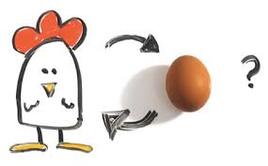 Which came first, the chicken or the egg poetry? A recent study suggests that though chickens were domesticated from about 7,000-10,000 years ago, we didn’t really eat these precious culinary proteins until about 2,200 years ago, 200 BCE. Poetry, on the other hand, was sung before we wrote it, and, you guessed it, before we ate chicken. The first written poem came around 3,400 BCE. Have we ignored history—again? Are we moving forward in the present, hopeful with fingers crossed that the future will parade differently than the past? But do we have it wrong? In the last decades of teaching college writing, especially, teaching composition, my teaching philosophies have evolved, but one principle has ever remained, and for my students, I try to channel their approach and their mindset to sense, act, and reflect as if they were poets—to think like a poet. Using a poetic mindset to write composition papers. It’s backwards. Rather than have composition as a prerequisite for creative writing, we need to flip it upside down, put back to front and front to back. We need creative writing, and more specifically poetry as a prerequisite for composition. Let me try to explain. Creative writing, the course, has a prerequisite of a college level composition course. And as I divulge to my classes every semester on the first day, I propose, out loud and with a prominent voice, “Composition is not the course to learn how to write. If we are here today, we know how to write. Composition, instead, is but a journey to the critical reflection of our writing. Here, we will try and learn how to alter, or better yet, to rethink our approach to writing, focusing on the precision and conciseness of language, style and personality. We will start thinking like poets. We will maintain, what I like to call, our ‘poetic perception.’” Though just saying “poetry” in a class, frightens students, so in this case, I reassure them that the expectation is NOT to be a poet and write a perfect Shakespearian sonnet, for instance. The expectation, then, is to understand how to write a sonnet, so we can apply that mindset to the writing of a composition paper. In other words, we write sonnets, not to be poets, but to be better writers in general. Speaking of sonnets, the first lesson in my composition class is to learn the Shakespearian sonnet. We look at the patterns such as rhyme and iambic pentameter. Students are then asked to write a Shakespearian sonnet, practicing those patterns. Students start to understand the pains of word choice and rhythm, placing words into the iambic form or altering words to fit the rhyme scheme. And I must admit, I enjoy watching students practice English math, counting on their fingers and chanting, “da DUM da DUM da DUM da DUM da DUM.” Once students understand the pains and pleasures of writing a traditional poem, they are asked to think about and practice techniques such as word choice and sentence style in their analysis papers…use a poetic mindset to write. To celebrate my student’s journey, below are several of their sonnets. This assignment asked that they write nontraditional sonnets with ten-syllable lines. All other techniques they may have used were to their discretion. These sonnets are first drafts with minimal edits, and remember, they are not poets or have much experience with poetry. I hope you enjoy as I did: Chef’s Kiss by Shalyce Alexander I love unapologetic women: You know the ones who cuss and spit at men, the ones that have face tattoos and tongue rings. I love precisely calculated women: Like Aunties who gently slide you their drink, just as your mother turns her back to breathe, or women at clubs who have extra tampons that urge you to leave your abusive boyfriend. I love reckless waves that favor my flow and single moms working at drive- thrus, pumping breaks to avoid mastitis; Grandmother moon for her pomegranates and women who birth with no Pitocin. I love unapologetic women. The Big “O” by Julian Bridges What makes you climax, my love? Please explain. Warm my body up—foreplay is the goal. The dew between my thighs without a touch, let your words drip down our spirit and soul with every sigh, my clothes shed away. Alive, your kiss, my navel to my pearl. The touch, your phallus, and the swirl make me quench my body thirst for your pelvic thrust. Straddle up and take control of me, please. Gazing into the sun, a moonless night, ecstasy is taking us for a ride. My clitoris is about to pour out, our bodies about to reach the peak, we summit—same time. No one unsatisfied. One Last Chance by Yared Perez The game restarts—to all, it’s near its end. The ball is passed through ground and through the air, one side takes the ball to the other side. They move with pace to beat the other team. Tackles fly from left to right, unannounced, with grace and style the player runs from all. He is clear on goal with one left to beat. He shoots the ball, which bests the last and scores-- the crowd goes wild, the bench jumps up with joy. A chant is sung aloud, “We won! We won!” The team joins up with its newfound hero, they raise the one who won it all, for them. The ref blows to call an end to the game-- a game to recall, now and evermore. The Desiderium of One Body by Sophia Ignatenko My weary world inspires me to write. How I despise the way you reign my muse seated in my mind, day and through the night while I fervidly dream of whys and who’s. You seem not to see my mad heart inside steel nights of silent doubt, rust days of threat. You seem to bury my fathomless sigh. My wight notion wishes on you, kismet I crave your calm refuge from thoughts you plant in reminiscences from the time slipped by, but nary an explanation to grant. My weary world, today where do you lie? Now I must away with a bemused tear keep my worn words from what you forsook here. Beginning of the End by Jadon McCaskey Pocket change rattles and I am done for; the gun spouts the casing and lands on me; they will find me hiding beneath the floor; I hold my breath as my enemies flee. Crawling out from underneath, I sigh; sitting up and seeing bodies I know, of course, my final job has gone awry-- On to old tricks and new jobs I now go. The heartstrings pulled thin, I cannot pretend, I must find a way out and not be vile. I do hope this is a means to an end. Although my dream is over, I still smile. I found a new path to do what I like; old tricks stay old as I will never fight. Broken by Moises Silva I walk in daylight through the beaches shore, wondering how you and I came to be. It's like we both resemble hermit crabs, waiting for one mistake to cause a crash; though, it may seem like it's all done for love, we are like two lions chasing for the throne. If one of us doesn’t win, we cause a scene no matter what we do. There's no way out. It's impossible to find a sweet dream that we hope can't cause us any pain. We try looking for that one perfect shell; though, all we find is traits of broken hearts. But are hearts flatter when we lock our eyes, though, we know we have no chance to survive? Climbing Mt Baldy by Andrew Case Men and boys wake up from a deep slumber. Sloth like apes prepare for a hardy day: boots strapped on, packs slung over red shoulders, marched on the trail by the reigning Boy Scout. Glancing at my map step by step we hike, switchback by switchback the trailhead creeps near. A brief lunch is allowed before the climb: protein bars consumed we start our climb up: Step by step Baldy Mountain gets steeper, each step Baldy Mountain fights more and more. Not deterred, we see Baldy’s balding crown, men and boys rush up joyful filled with glee. Tired, we rest upon the bald giant’s head; in peace, we gaze upon where we have come. Hot and Ready by Luke Sargent In the dead of night I check my freezer. Thank God, I sigh. It’s time for Digiorno’s. A half hour later, I’m ready to dig in. When, to my surprise, it’s more than pizza: the lightly tanned crust, baked to perfection, the pepperoni’s glimmer in the light, the cheese, not too hot, not too cold, just right. Am I in love with my frozen pizza? Could this, perhaps be, love at the first bite? The smell of the meat lover’s delight is tantalizing, tempting, and delicious. I bring the slice to my lips with a grin. I was wrong; this shit is so undercooked. Screw this! I’m just gonna order takeout. The Lion’s Den by Beo Tamasi The Arena was packed with savage fiends. Their hero soaked in blood and glowing pride, a vile man who kills for pay yet gleams. The King sends sinless men to death with snide, a young pirate is next to meet his fate. Eerie chanting breaks out, the King turns pale. They shout, bring the lion out, raise the gate! Slim and short, but with dark eyes, far from frail, the soldier’s blood ran cold; the pirate grinned. Without time to react, the pirate lunged. The soldier, tall and strong, was quickly pinned. The King rose from his throne, the dagger plunged, a crime riddled convict saw the man’s soul. He stopped his reign—the King was his next goal. A Better Day by Anthony Azzopardi The early sun peaks over the morn clouds; The smell of coffee fills the room with joy. As men and women commute to their place, they must wait for the starting horn to sound. The luscious course instills strong impatience, a sense of competitiveness is clear. The gentleman in red is set to play-- he loads up, and the round is underway. The sky slowly fills with immense darkness; suddenly, a defining siren is heard followed by a thunderous beam of light. A concourse of people seeking shelter and yet, his determination must wait for a day that is better than today.
I remember the weekends of playing dominos, feeding the ducks, and sneaking peanut M&Ms from his roll top desk in his office…the small things. 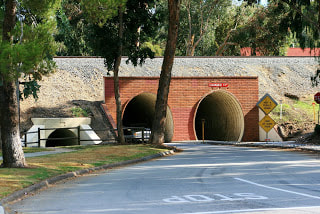 Growing up, we tried to visit Uncle Francis and Aunt Alma on the weekends. To reach their house, we would travel through a tunnel. As a child, the tunnel symbolized a wormhole into wonderland. Mom would honk the horn, and my sister and I would both smile, interrupting our debate on who crossed the invisible center line in the back of the forest green Volvo. Ridge Route tunnel took us to their house, their exceptional garden, the pond, and access to all the wonderful memories I cherish. 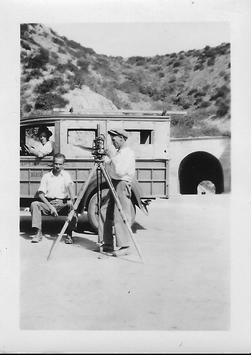 I reminded of an image of my uncle surveying Griffith Park Tunnel. Both are “‘a channel through the rock’ in search of what is truly precious” (Job 28:10). Perhaps, we both understood the tunnel as “a symbolic rebirth…spiritual rebirth or a coming of age (Chbosky). In reflection, the small moments are what I have to hold on to. The tunnel, in this case, is an unforgettable rose embedded in my memory. I can see it. Feel it. Hear it. Smell it. I know it. When I wrote the book, The Sunshine Special, which is about Francis’s journey from Fort Worth, TX to Los Angeles, CA and back in 1920 by train…a physical journey and a coming of age travel narrative. I learned new and excited things about Francis, but I also found my memories impacting the writing as they impact my life. Influenced by poetry such as Testimony by Charles Reznikoff and Paterson by William Carlos Williams, The Sunshine Special by Donovan Hufnagle uses nonliterary documents such as journals, letters, and newspaper articles to interrupt and “negotiate” with original verse. The poetic narrative follows a traveling eighteen-year-old in the summer of 1920 from Fort Worth to Los Angeles. Francis’s exploration of new frontiers is also his exploration into his own internal struggles with family and manhood. In his journal entries, he comments on landscapes, vegetation, and relationships as well as discovers his one and only true love. As Francis explores new areas and eventually explores Los Angeles, he finds himself wanting and willing to permanently move away from the family. Interrupting the verse are letters from his sister, juxtaposing his pleasure and encouraging him to return home.
|
|
Proudly powered by Weebly


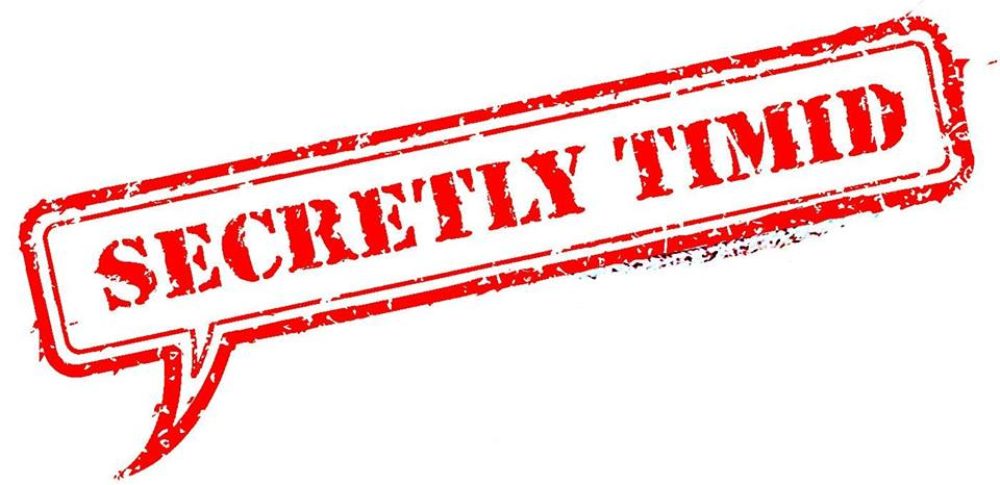
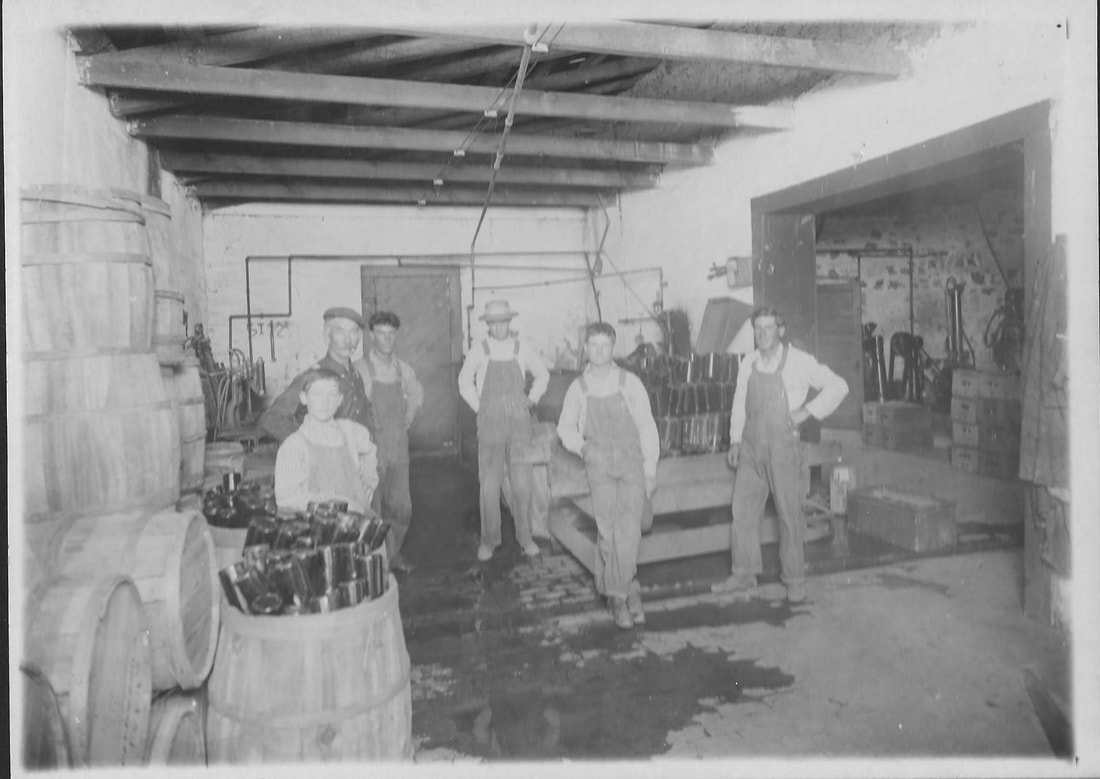
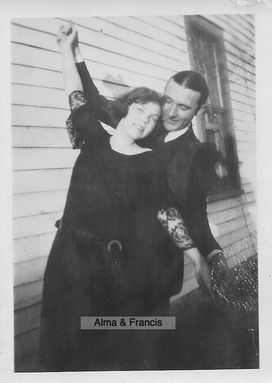
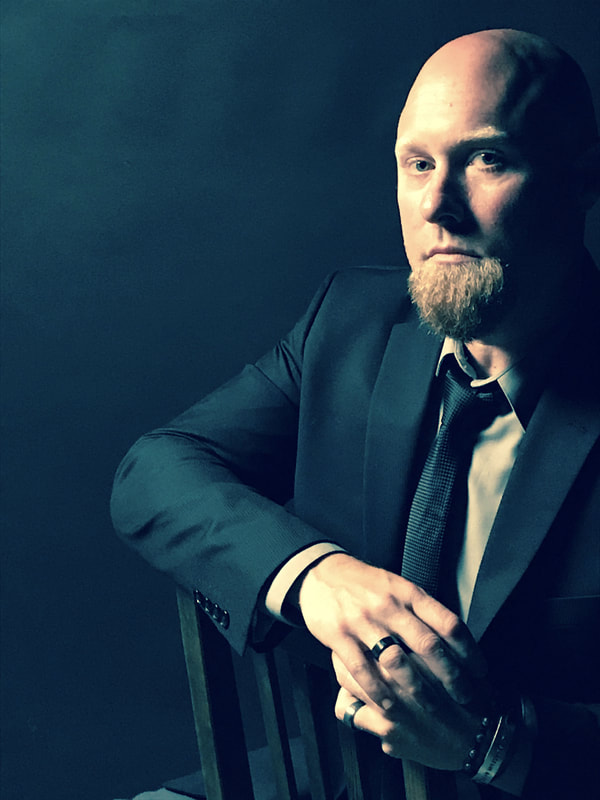
 RSS Feed
RSS Feed